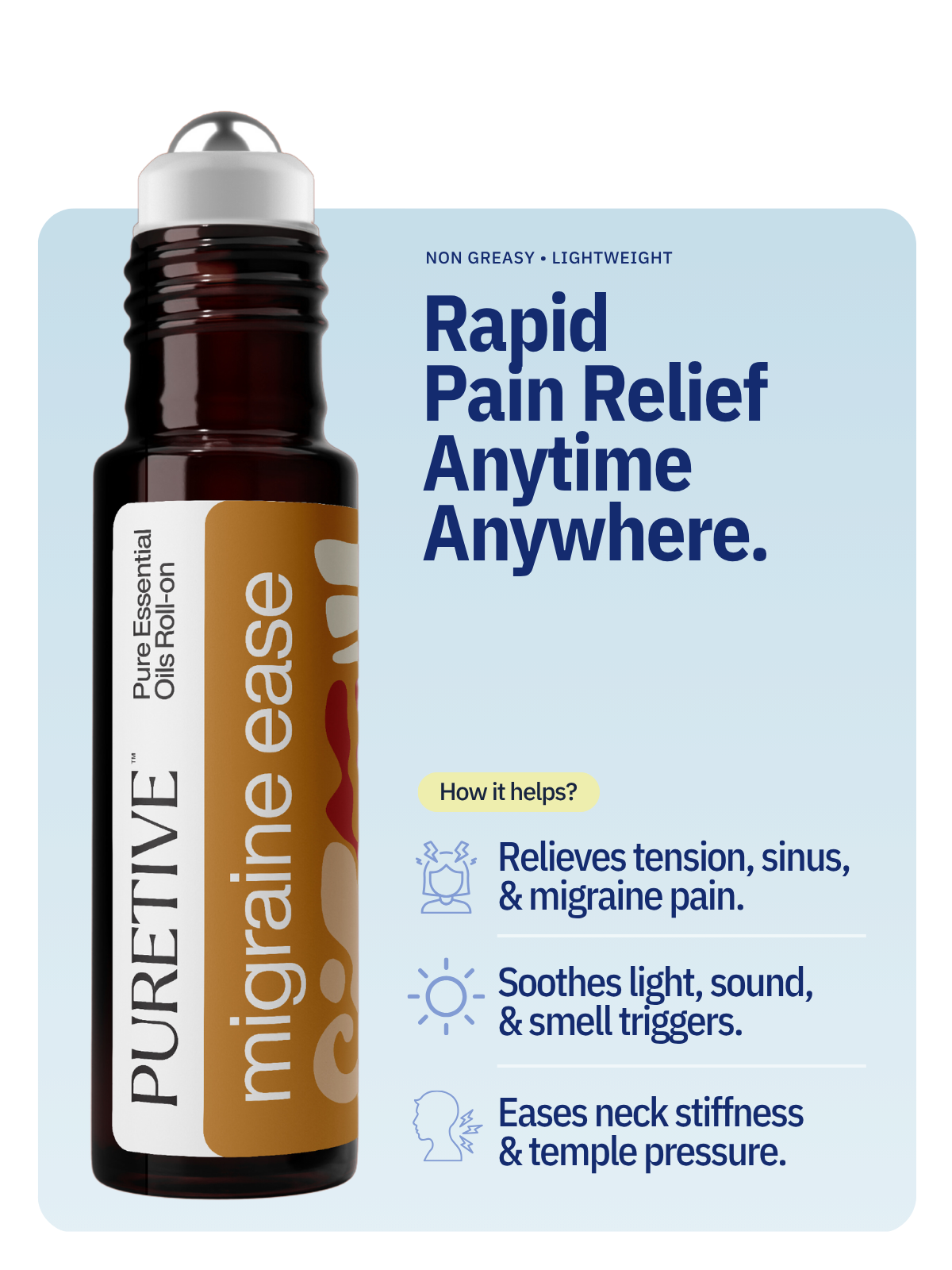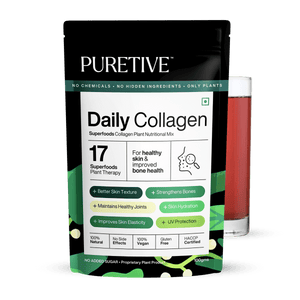In our fast-paced world, napping might seem like a rare luxury, but it has become a staple for many seeking a quick energy boost. While napping can offer numerous benefits, it’s not without its drawbacks. Understanding the pros and cons of napping can help you make the most of this practice and incorporate it effectively into your routine.
Pros of Napping

1. Nap Power: Boosting Energy and Alertness
Napping is more than just a break; it's a powerful tool for rejuvenation. Research from NASA highlights the benefits of a short nap: a 26-minute nap can enhance performance by 34% and increase alertness by 54%. This boost in energy and focus can make a significant difference in your productivity and overall performance.
2. Mood Magic and Memory Boost
Napping is not only good for your body but also for your mind. A nap can improve your mood and reduce stress by increasing serotonin levels. Additionally, it enhances memory and learning capabilities, making it especially beneficial for students and professionals who need to absorb and retain information efficiently.
3. Heart-Healthy Siestas
Short naps can also have cardiovascular benefits. They can help lower blood pressure and reduce the risk of heart disease, which is particularly advantageous for individuals with hypertension. Incorporating brief naps into your daily routine can contribute to better heart health.
Cons of Napping

1. The Downside of Dozing
Despite its benefits, napping has some potential downsides. One common issue is sleep inertia—a groggy, disoriented feeling that can occur after waking from a nap. Additionally, napping too late in the day can interfere with your nighttime sleep, potentially leading to insomnia and disrupting your overall sleep patterns.
2. Not Everyone's Cup of Tea
Napping isn't universally effective. Some people may find that napping makes them feel worse rather than better. If you find yourself feeling sluggish or disoriented after a nap, it might not be the best option for you. It's essential to listen to your body and determine what works best for your individual needs.
Smart Napping Strategies
To maximize the benefits of napping while minimizing potential drawbacks, consider the following tips:
- Nap Early: Aim to nap early in the afternoon, ideally between 1 PM and 3 PM, to avoid interfering with your nighttime sleep.
- Keep It Short: Limit naps to 20-30 minutes to avoid sleep inertia and ensure you wake up feeling refreshed rather than groggy.
In summary, napping can significantly improve mood, cognitive function, and physical health. However, it’s important to be aware of and manage its potential downsides. By understanding both the advantages and limitations of napping, and by implementing smart napping strategies, you can effectively harness its benefits to refresh your day and enhance your overall well-being.









